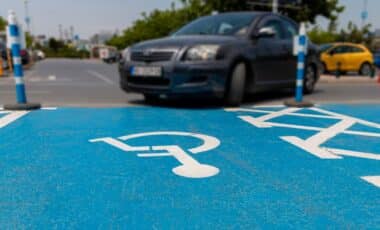From policy shifts for electric vehicles to increased levies on high-emission models, upcoming changes to road tax regulations are set to reshape costs for millions of UK drivers. With new laws on the horizon, UK drivers may face significant financial adjustments, with some categories more affected than others.
These changes, aimed at aligning with environmental goals and fiscal policies, have prompted questions about their impact on everyday vehicle ownership.
Road Tax Increases for Specific Vehicles
New adjustments to Vehicle Excise Duty (VED) will introduce higher costs for various vehicle categories. These changes aim to encourage environmentally conscious choices while generating additional revenue for public projects. The increase will particularly affect high-emission vehicles and new car purchases, leading to noticeable cost spikes. However, the updates are not solely limited to new buyers—existing car owners may also see their annual charges rise.Vehicles Most Impacted
Certain vehicle categories will bear the brunt of the tax changes :- High-emission cars: Vehicles producing over 255g/km of CO2 will incur significantly higher taxes.
- Electric vehicles (EVs): For the first time, EV owners will be required to pay annual road tax.
- New vehicles: Newly registered cars may experience doubled VED rates, depending on their emissions.
Exemptions and Special Cases
Not all vehicles are subject to the new regulations :- Classic cars: Models registered before January 1, 1985, remain exempt.
- Disabled motorists: Owners who qualify for a Blue Badge can avoid paying road tax.
- Agricultural vehicles: Cars used for farming or forestry purposes are not affected.
Limited Awareness Among Motorists
A recent survey revealed that a significant proportion of UK drivers are unaware of the upcoming changes. This lack of awareness could leave many unprepared for higher road tax costs, particularly as policies extend to electric vehicles.Key Drivers of the Changes
The government has outlined several objectives behind the revised tax framework:- Reducing carbon emissions to meet environmental targets.
- Aligning tax rates with inflation to ensure consistent revenue.
- Gradually phasing out exemptions to create a more equitable system.
Potential Impacts
While the changes aim to promote greener transport options, they may also pose challenges :- Financial strain: Higher taxes could impact household budgets.
- EV adoption: The removal of tax exemptions may slow the shift to electric vehicles.









